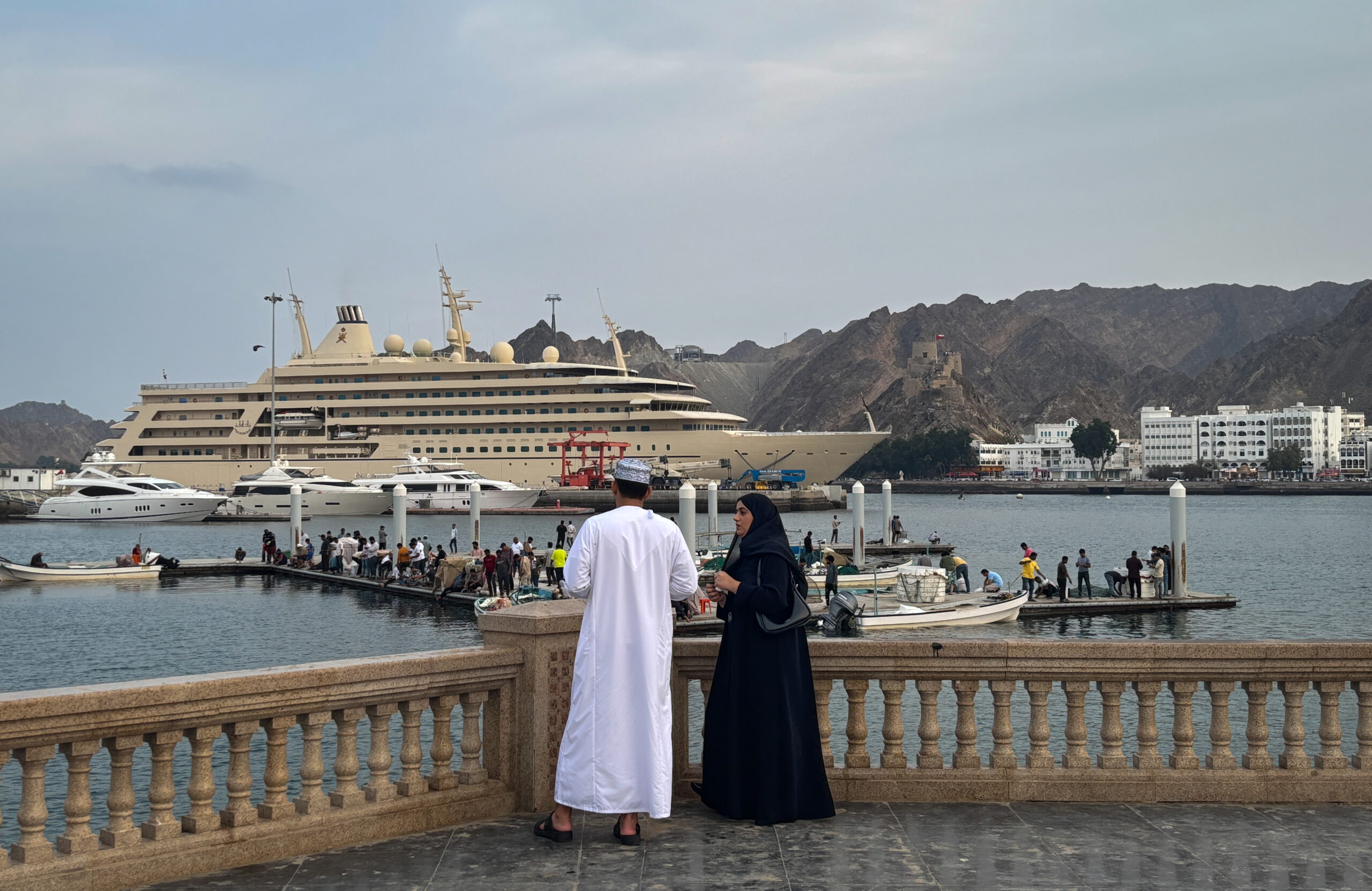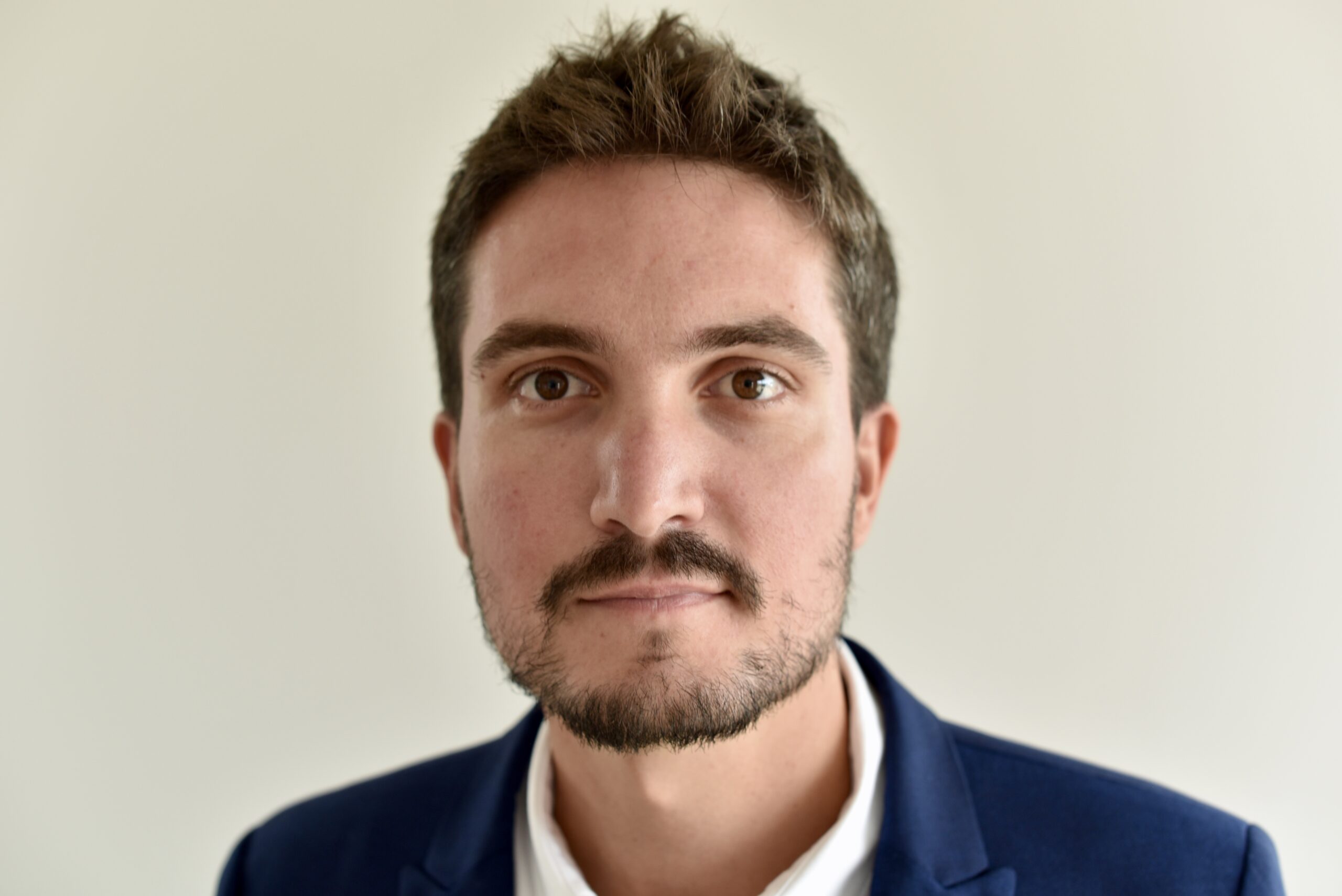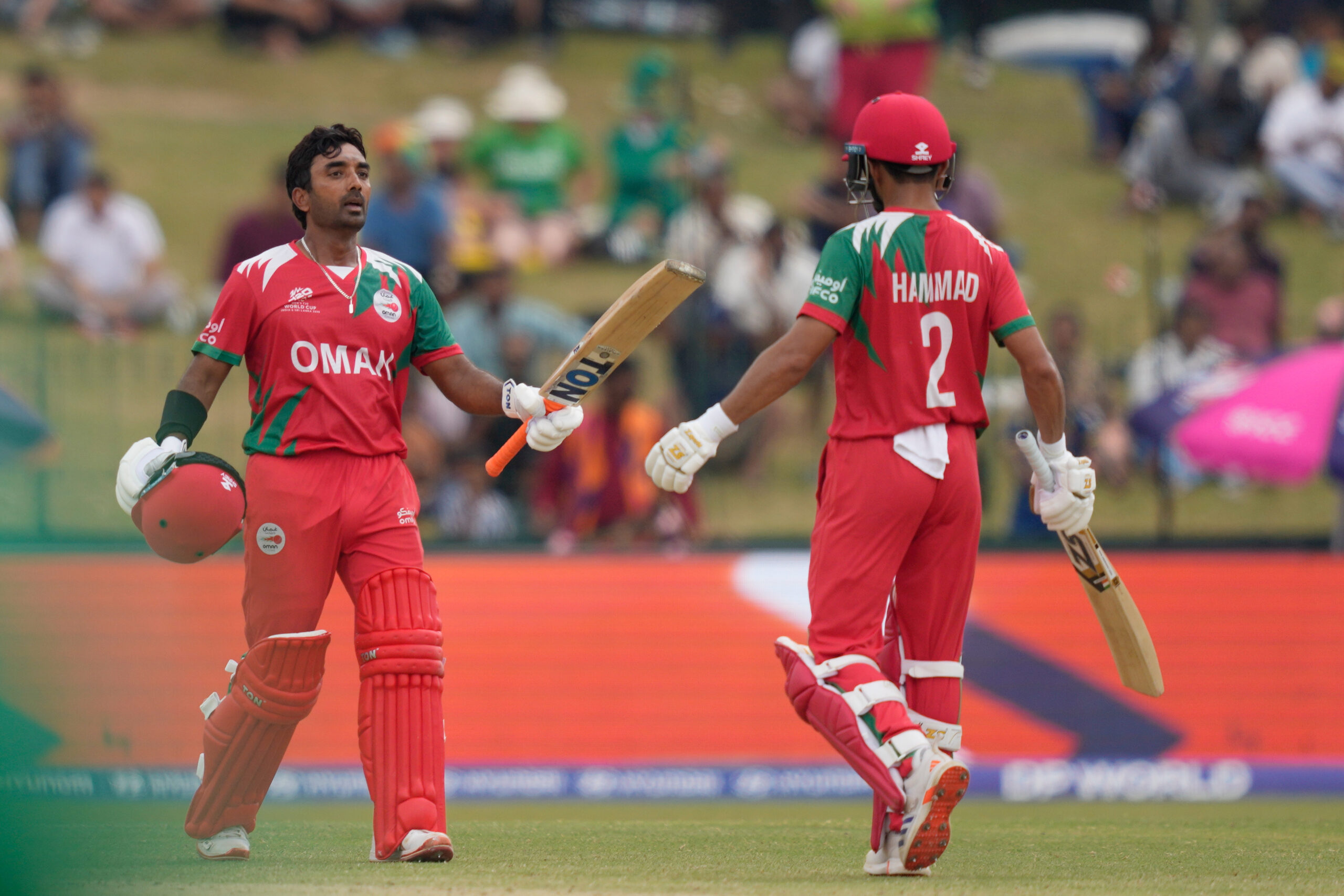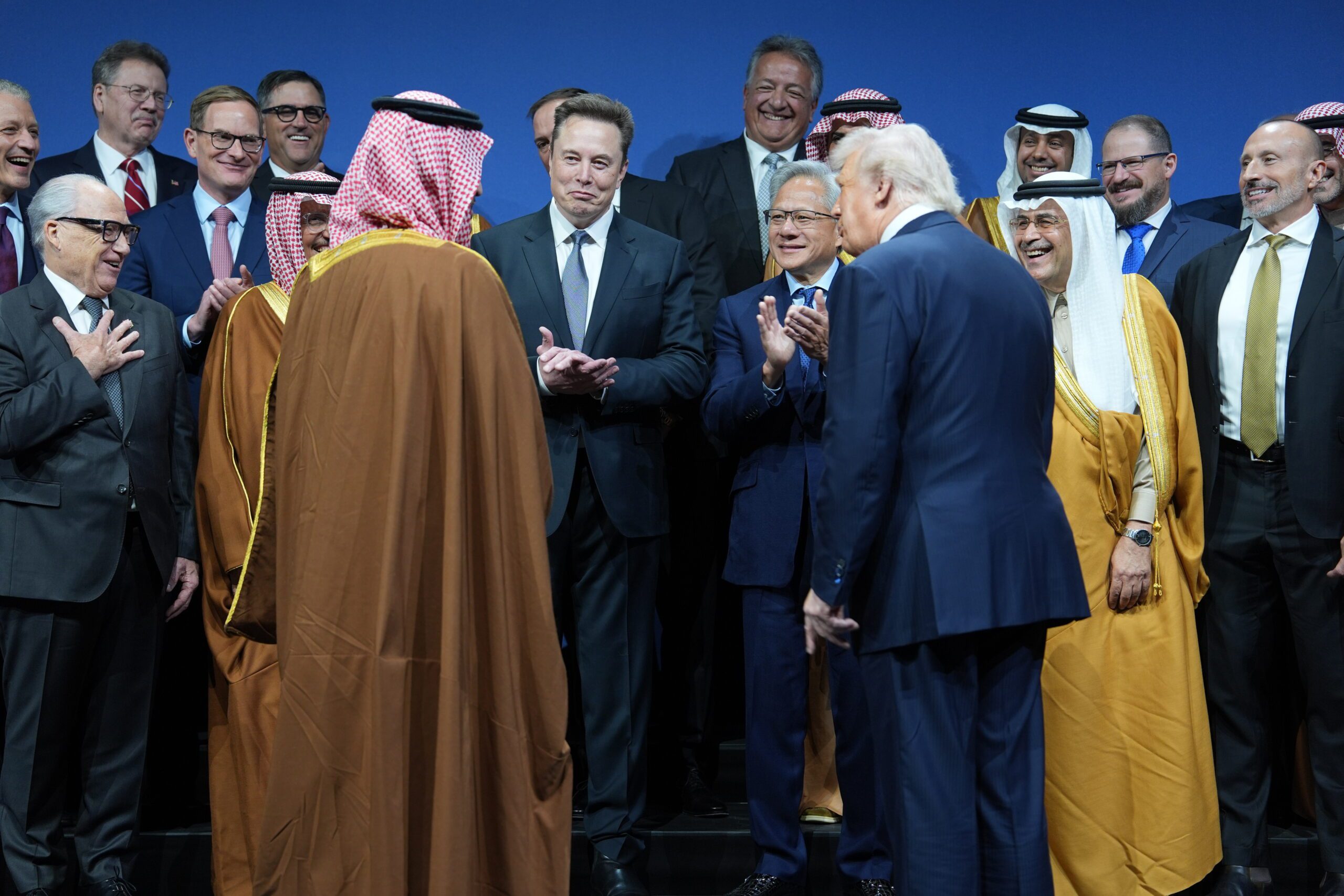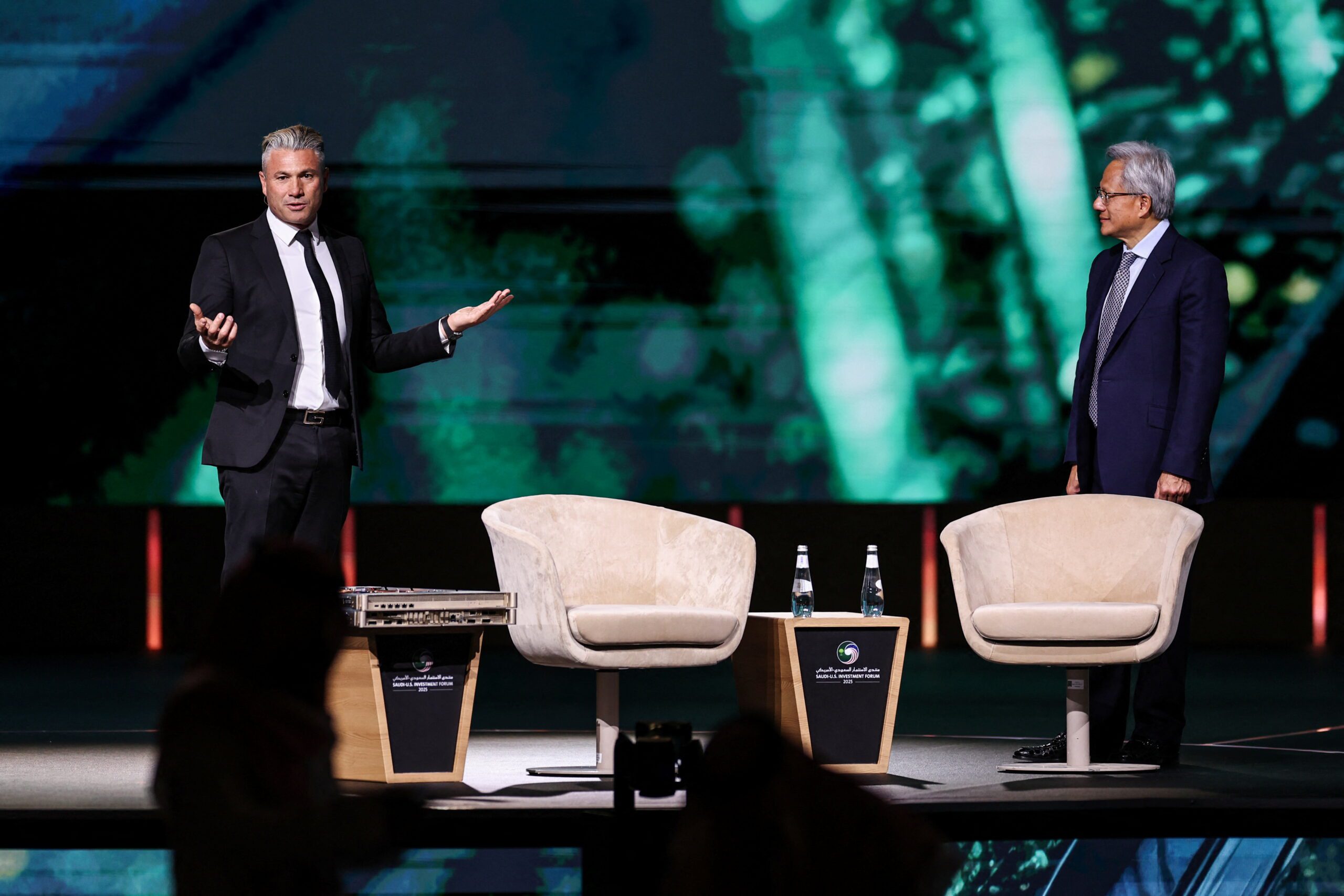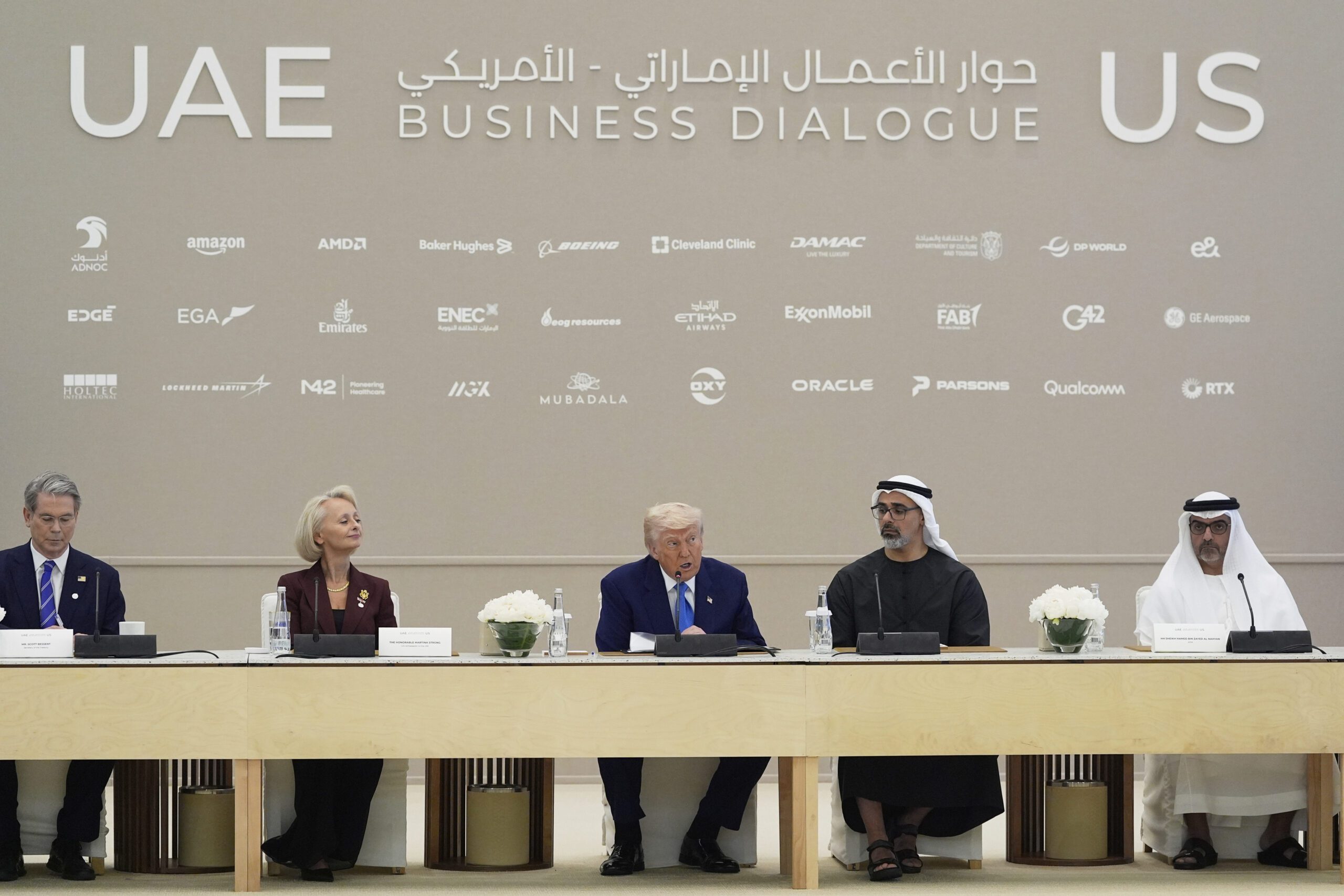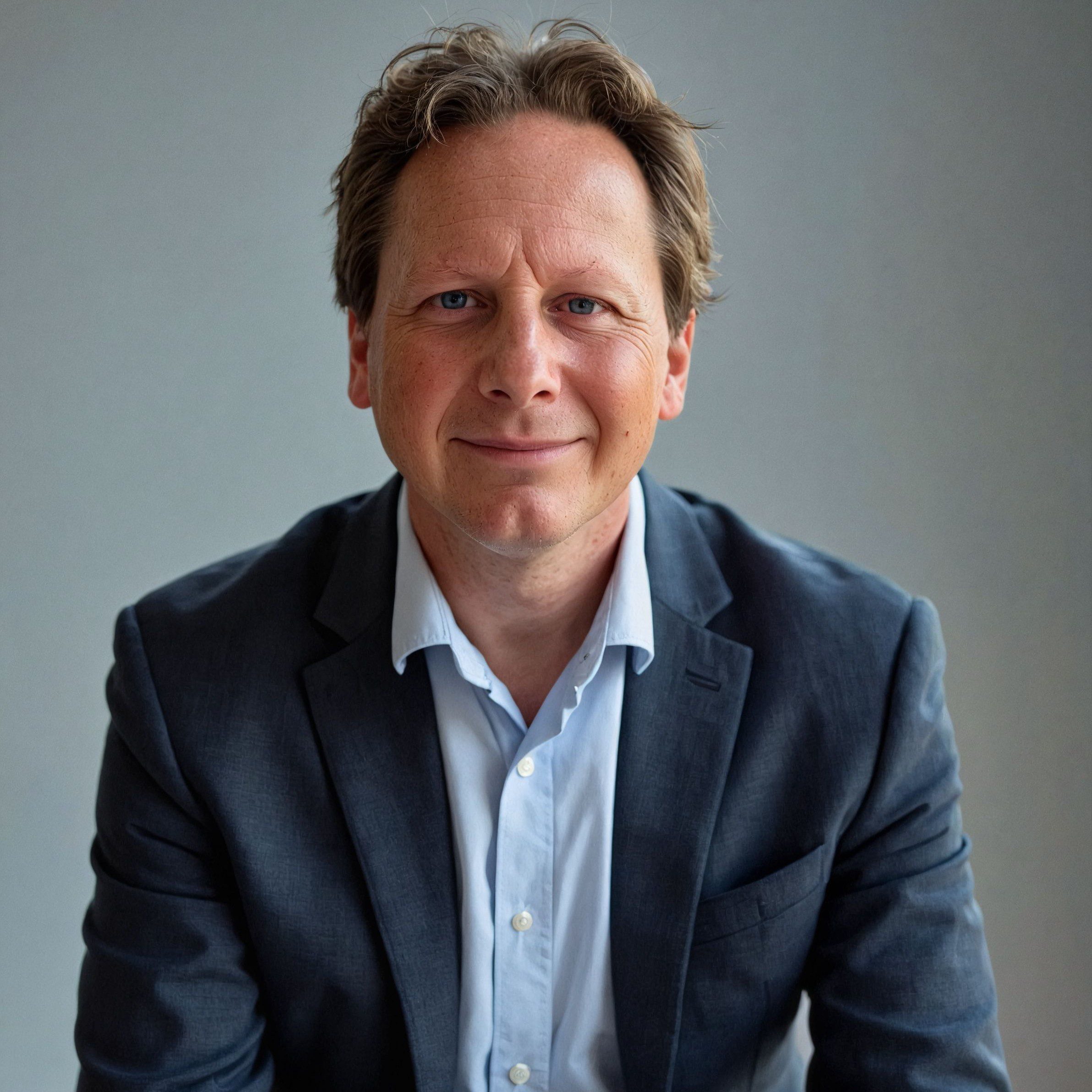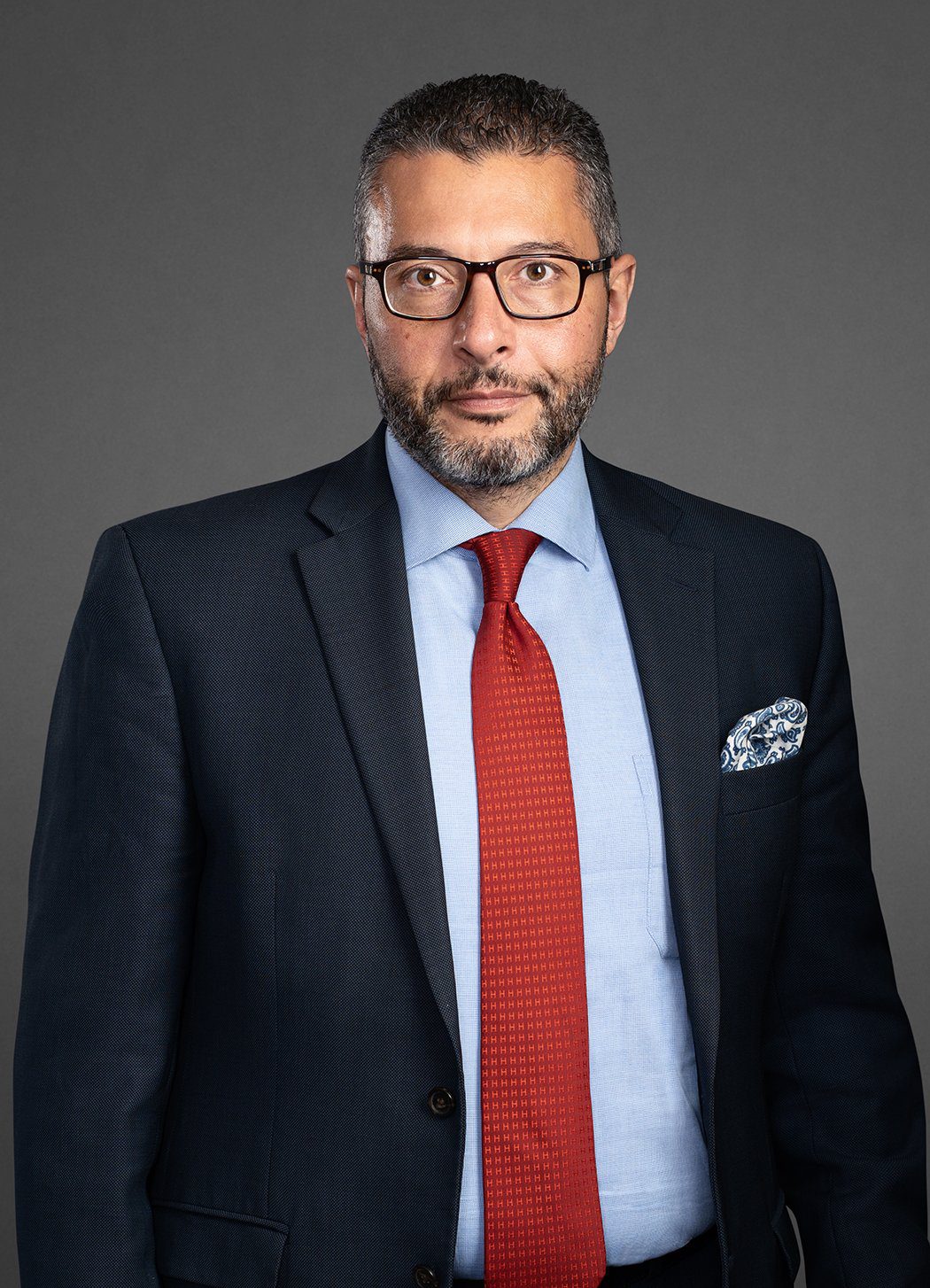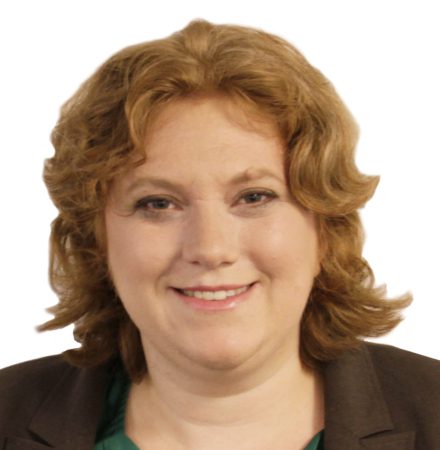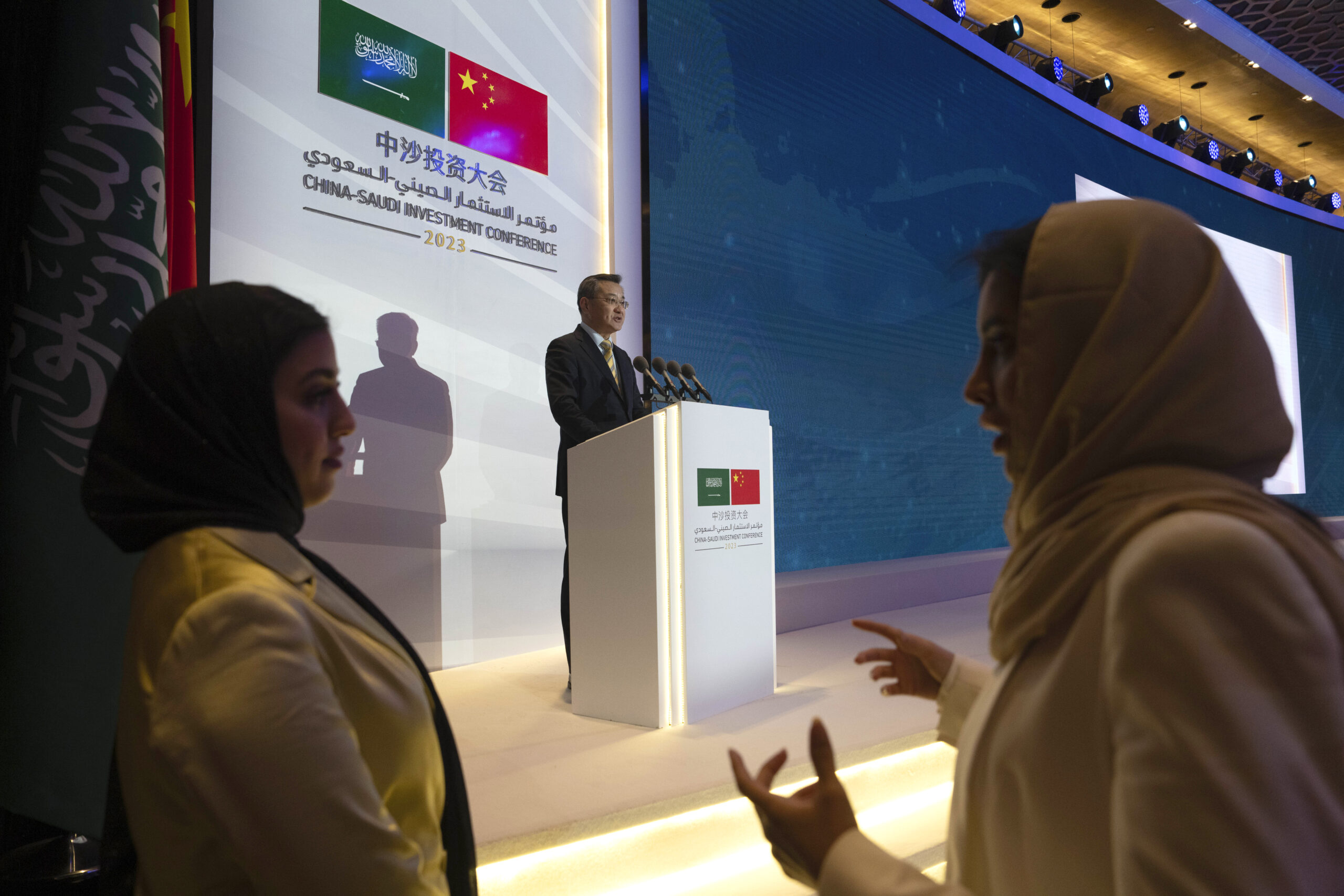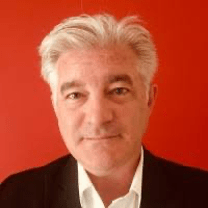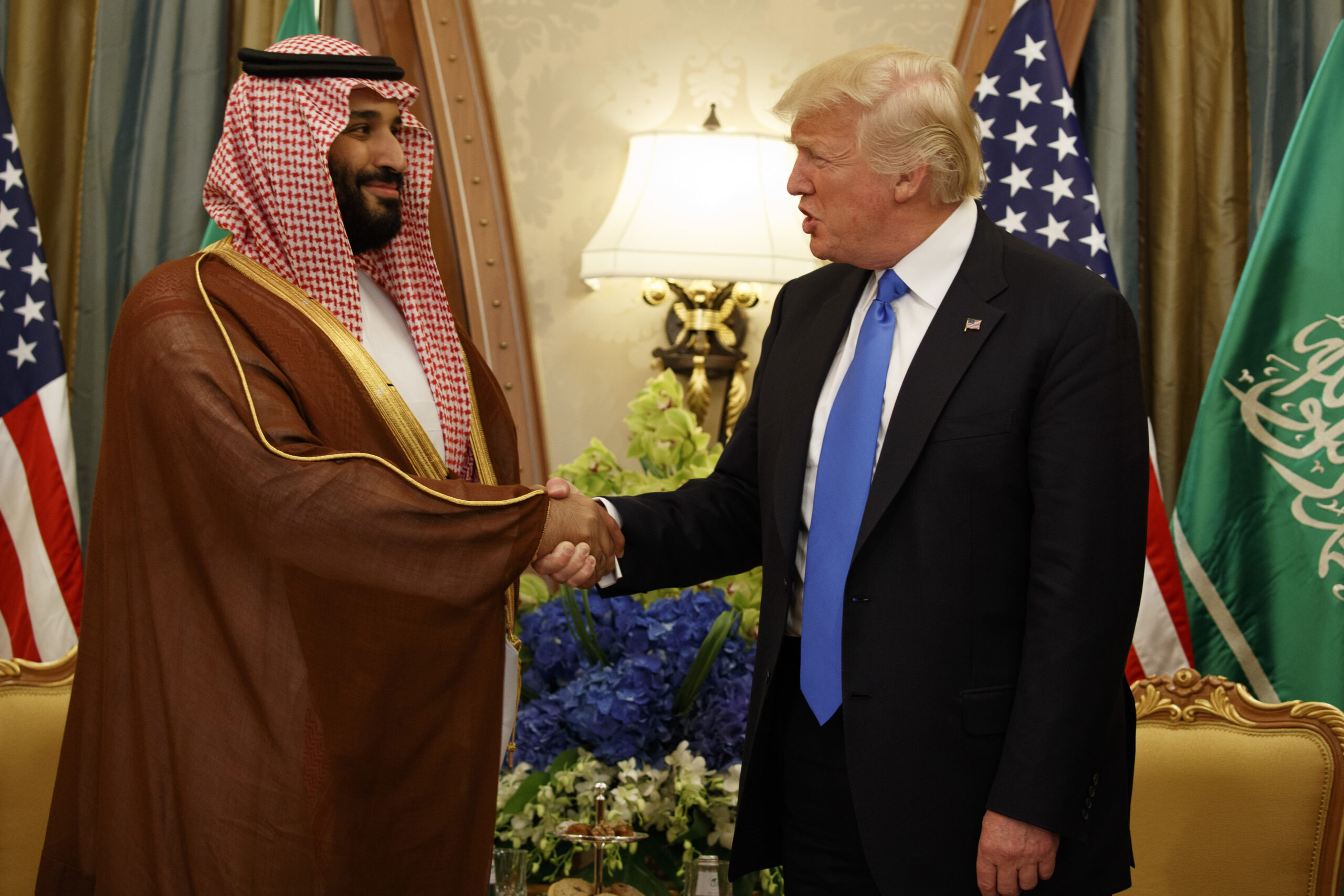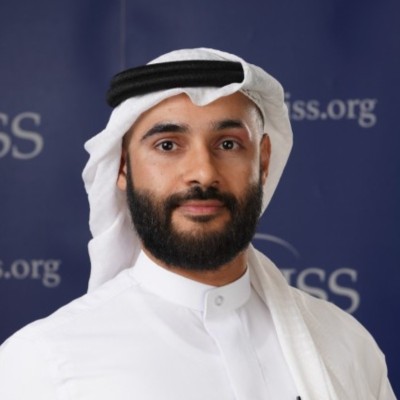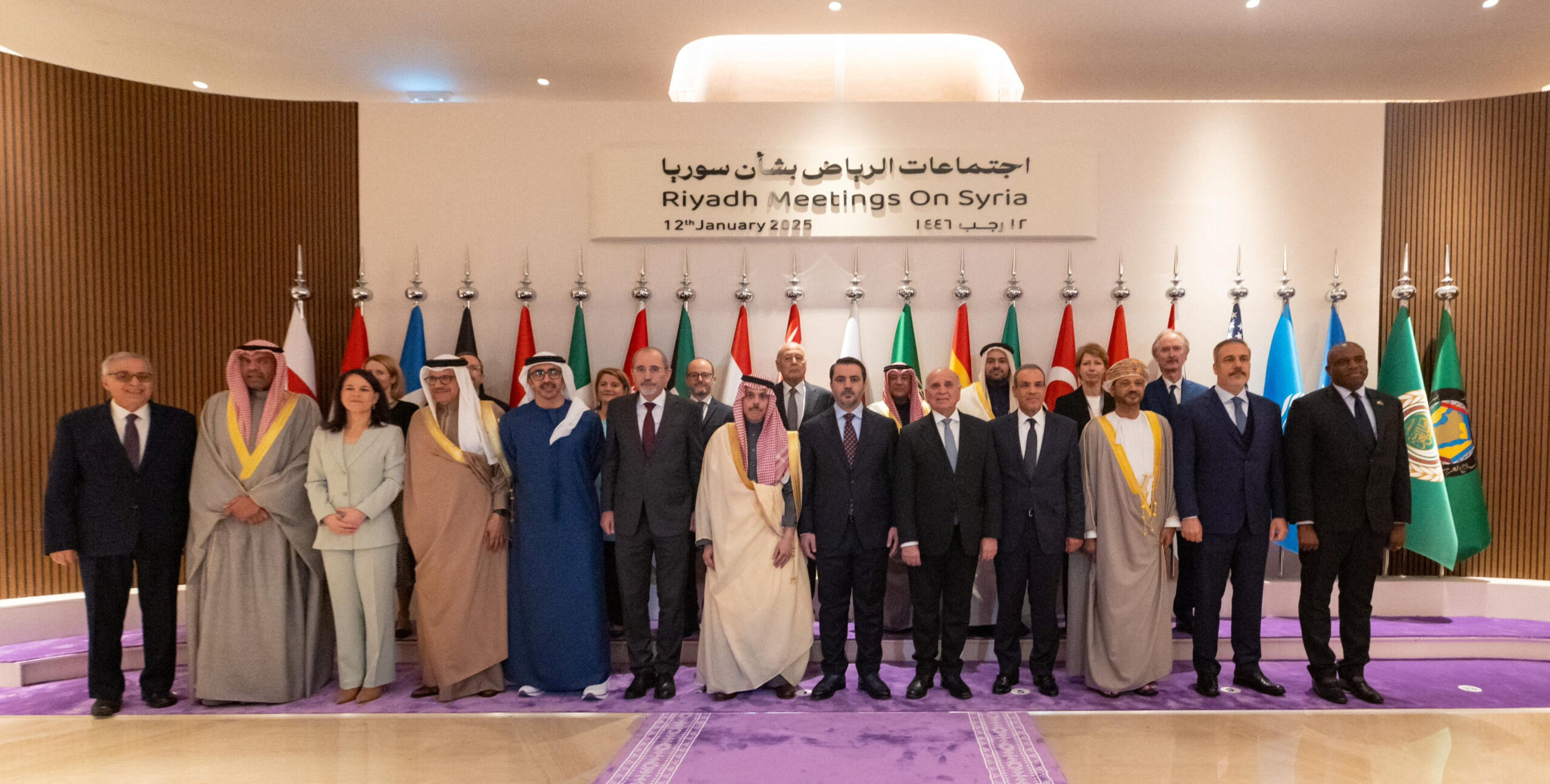Neom Update: Funding the World’s Most Ambitious Project
Nearly a year after Neom's announcement, the futuristic Saudi megacity is still only in the early stages of development. To meet goals of opening fully by 2025, planners must overcome a key challenge: shoring up funding.
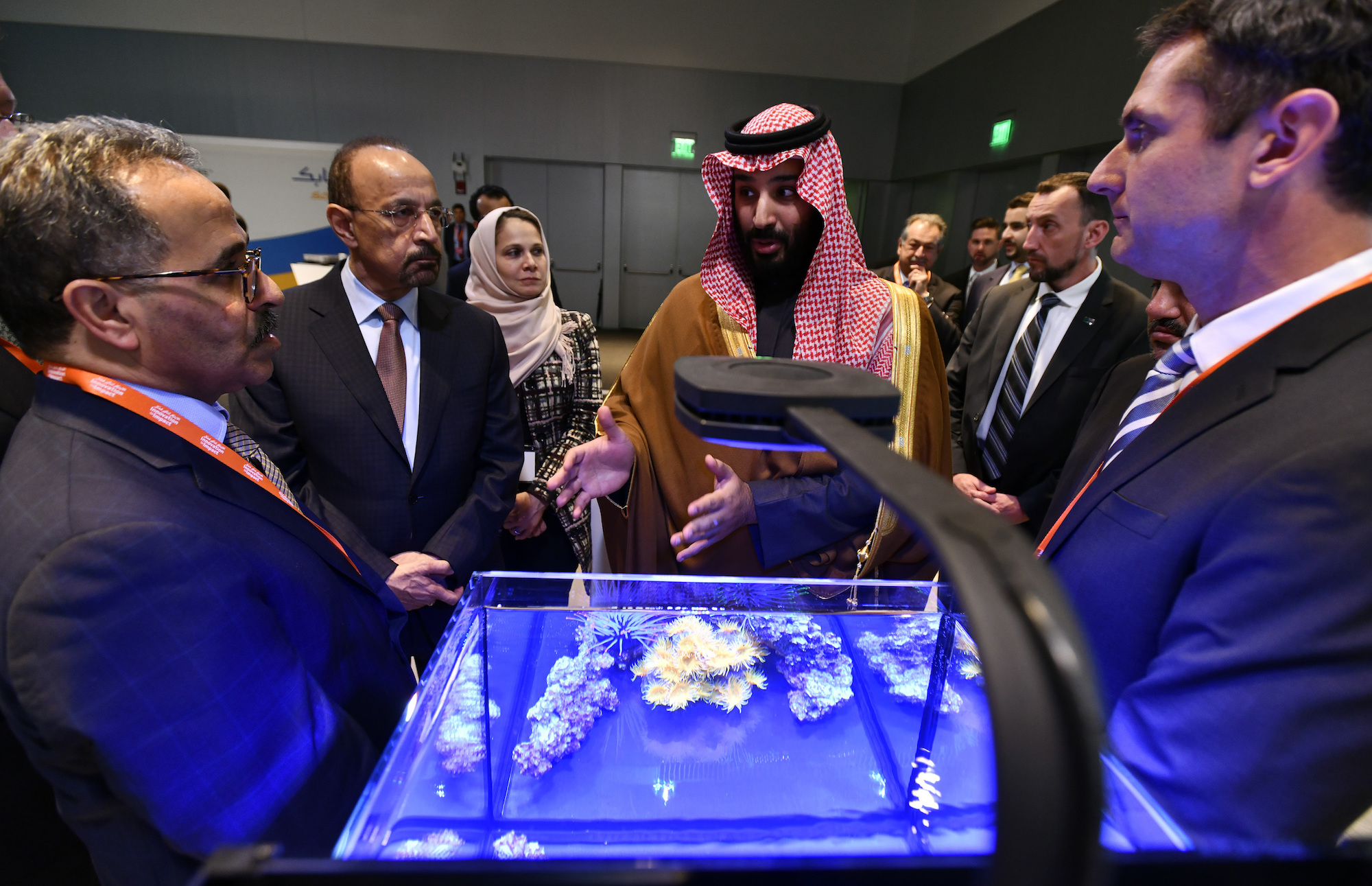
The postponement of Aramco’s initial public offering raises questions about the progress of other high-profile development initiatives in Saudi Arabia – chief among them the $500 billion Neom project. The megacity-cum-independent economic zone aims to incorporate Saudi, Egyptian, and Jordanian territory in an effort to establish a new global hub for trade, innovation, and knowledge. Crown Prince Mohammed bin Salman announced Neom in October 2017 amid substantial fanfare, and planners hope that the futuristic megacity will be fit for limited use by 2020 and then formally open in 2025.
Yet, nearly a year after the project’s announcement, the pace of Neom’s development suggests that these timelines may be difficult to meet. State support for the initiative is strong; however, construction surveys and contract award announcements constitute the main indications of progress to date. In order to meet rapidly approaching deadlines, Neom’s leadership must overcome a key challenge: shoring up project funding in a manner that balances state-led fiscal support against private sector investments.
State Support
Saudi Arabia’s leaders remain ardent supporters of the Neom initiative. Widely considered to be the project’s visionary, Mohammed bin Salman chairs the government committee overseeing the megacity’s development. King Salman bin Abdulaziz elected to spend a summer holiday of “rest and recreation” in Neom and also conducted a Cabinet meeting in the location of the future city – boosting the location’s credibility as a destination for both leisure and business. Hotel construction is reportedly underway in the area, although details concerning the king’s royal lodgings are unclear. During his stay, the Saudi king met with Egyptian President Abdel Fattah al-Sisi to discuss bilateral relations between Saudi Arabia and Egypt.
The reception of Sisi, the first foreign official to visit Neom, demonstrates the importance of international partnerships to the project’s success. Egypt’s president is keen to work with Saudi Arabia – given that Egyptian cooperation on the project involves access to a $10 billion joint development fund. The parameters of Jordan’s commercial stake in Neom are less clear. In 2017, Jordanian and Saudi government officials praised the initiative as supporting economic growth in Jordan but have not provided additional details clarifying Jordan’s role in the project.
The nature of reported activity in the area highlights the project’s early stages of development. On September 9, the Neom team announced it has started to conduct environmental, archeological, and geological surveys to prepare for sustainable construction in the area. The government awarded contracts to build five royal palaces in February for an undisclosed cost. The Saudi Binladin Group was mandated to build at least one of these palaces despite the fact that its chairman was implicated in the anti-corruption campaign of November 2017. Following the campaign, the government took a reported 35 percent stake in the group and appointed a special committee to oversee its operations. Local media outlets also reported that the Neom Airport will be constructed about six miles from the Sharma area of Saudi Arabia’s Tabuk region and will have an over two-mile runway.
A recent shuffling of Neom’s leadership placed new personnel at the project’s helm. In August, Nadhmi al-Nasr became the chief executive officer of Neom. Nasr is a founding member of Neom’s board of directors and a 30-year veteran of Aramco. The previous CEO, Klaus Kleinfield, a former chief executive of Siemens AG, now serves as a personal economic advisor to the crown prince. Aradhana Khowala, CEO and founder of Aptamind, a United Kingdom-based advisory firm specializing in the tourism and hospitality industry, was appointed managing director of tourism for Neom city in early September.
Go Fund Neom
The source of Neom’s funding represents a primary concern for Neom’s management team. Mohammed bin Salman described the project’s investors as “the Kingdom of Saudi Arabia, the Saudi Arabian Public Investment Fund, local as well as international investors.” The Public Investment Fund currently manages approximately $230 billion, but the delayed Aramco IPO dashed hopes for adding $100 billion to the country’s sovereign wealth fund. In October 2017, the crown prince suggested that Neom itself would be floated on financial markets, but this maneuver appears unlikely given the decision to postpone the Aramco IPO.
Other potential funding sources are linked to complex commercial transactions or the state’s foreign currency reserves. A proposed deal wherein Aramco purchases a strategic stake in SABIC, Saudi Arabia’s largest petrochemical company, from the Public Investment Fund would free up billions of dollars for Neom’s early-stage development. Neom’s planners could also tap funding from the nearly $500 billion held in the Saudi Arabian Monetary Authority’s foreign assets.
Greater private sector involvement in the project would help Saudi policymakers limit government spending on Neom – an important step toward meeting the country’s target of a balanced budget by 2023. SoftBank Investment Corporation is expected to invest $15 billion in Neom, and Saudi officials are courting Amazon and Lockheed Martin. Investments from these market-leading firms would establish credibility and likely attract ancillary investments for Neom. The anti-corruption campaign of November 2017 clearly affected investor confidence; however, whether the campaign positively or negatively impacted the investment climate is an ongoing debate. In either case, future opportunities in the country will confront substantial scrutiny. Saudi policymakers must demonstrate that Neom represents both a secure and lucrative investment.
If policymakers manage to overcome funding obstacles, the project may contribute to the country’s ongoing economic reforms. The International Monetary Fund expects real gross domestic product growth and non-oil growth to increase to 1.9 and 2.3 percent respectively in 2018, while the country’s fiscal deficit is projected to narrow from 9.3 to 4.7 percent of GDP. To continue this trend, Neom must meet its development targets in a cost-effective manner and translate private sector interest into secure investments. This will be no easy task, but, then again, few expect “the world’s most ambitious project” to be easy.
The views represented herein are the author's or speaker's own and do not necessarily reflect the views of AGSI, its staff, or its board of directors.

